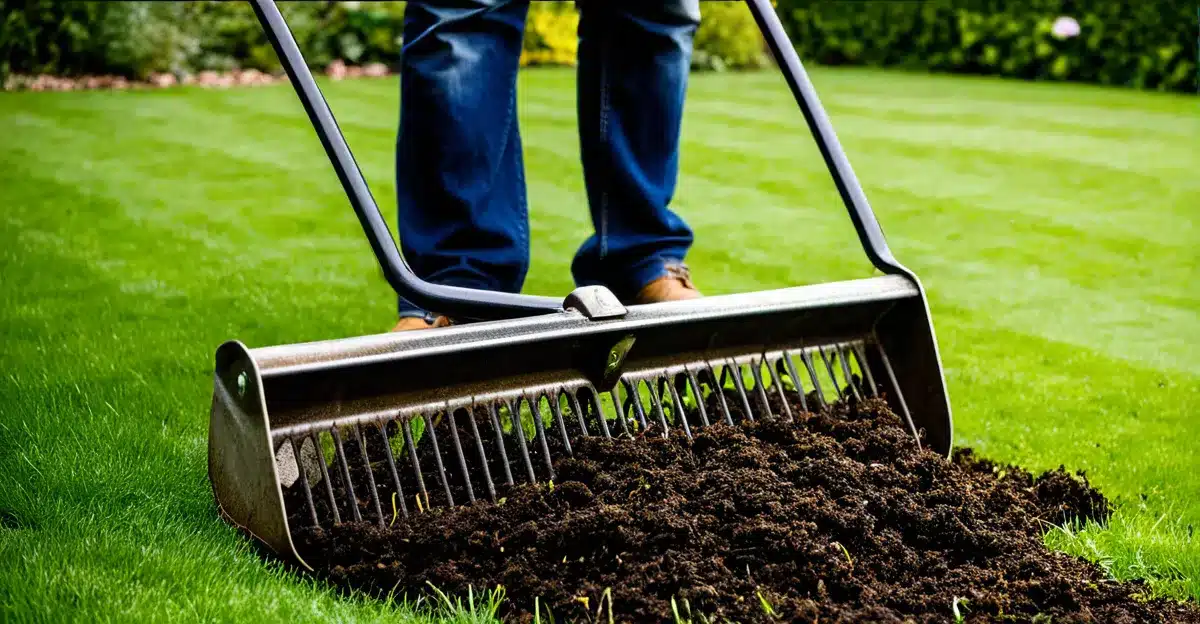Essential Maintenance Practices for Garden Equipment in the UK
Proper garden equipment maintenance UK is crucial to ensure longevity and efficient performance, especially considering the damp British climate. The first and most effective step is cleaning garden tools thoroughly after each use. Begin by removing soil and organic residues with a stiff brush or water. Then, dry the tools completely to prevent rust—a common issue in the UK’s moist environment.
Once clean and dry, focus on garden tool care by lubricating moving parts such as hinges, joints, and blades. Applying a light machine oil or specialist lubricant prevents corrosion and keeps mechanisms smooth despite fluctuating temperatures and humidity.
In the same genre : How can UK residents improve home Wi-Fi connectivity?
Regularly inspect all equipment for signs of wear or damage, such as cracks or loose handles. Routine servicing, including sharpening blades and tightening screws, ensures tools function safely and effectively. For larger machinery like lawnmowers, check oil levels and air filters, replacing or cleaning components as needed to withstand UK weather conditions better.
By following these essential maintenance practices, gardeners can avoid costly repairs and enjoy consistent results in their garden tasks throughout the seasons. Maintaining tools is not only practical but also protects your investment over time.
Additional reading : How do UK homes benefit from using water-saving showerheads?
Adapting Maintenance to UK Weather Conditions
Maintaining garden tools in the UK climate requires special attention due to frequent rain and high humidity. These factors accelerate rust and corrosion, damaging metal surfaces quickly. Preventing rust in the UK means adopting strategies tailored to this damp environment.
One essential tactic is immediate drying after use. Leaving tools wet promotes oxidation, so wiping them down thoroughly after every gardening session is crucial. Equally important is storing tools in a covered, ventilated area – a dry shed or waterproof box helps keep moisture off and reduces humidity exposure.
Applying rust prevention treatments, such as oils or specialized coatings, adds a protective barrier to metal parts. In the context of humidity impact on garden tools, regular maintenance routines should include checking for early rust signs and reapplying protective layers accordingly.
By combining prompt drying, covered storage, and rust prevention practices, gardeners can significantly extend the lifespan of their equipment despite constant exposure to the UK’s challenging weather. These steps ensure tools remain in optimal condition, ready for the next gardening task regardless of the season.
Safe and Effective Storage Solutions
Storing garden tools properly is crucial for maintaining their condition, especially in the UK’s often damp climate. Garden tool storage UK options must address moisture control to prevent rust and damage. Selecting a suitable garden shed or storage unit with weather-resistant materials is the first essential step. These structures provide a dry, secure environment, protecting tools from rain and humidity.
Incorporating shed organisation techniques enhances accessibility and prolongs tool lifespan. Installing racks and hooks enables hanging tools off the ground, reducing contact with damp surfaces. Additionally, placing moisture absorbers inside the shed combats excess humidity, crucial for effective storage solutions for wet weather.
For seasonal storage, thoroughly clean tools before putting them away. Lightly oiling metal parts also prevents corrosion during periods of disuse. Consider rotating tools based on seasonal needs to avoid clutter. By combining proper storage units with smart organisation and moisture management, gardeners in the UK can safeguard their equipment all year round, extending its life and readiness for every gardening task.
Maintenance Schedules and Product Recommendations
Optimising garden care throughout the year
A well-structured garden maintenance schedule UK is essential for healthy tools and thriving greenery. Weekly tasks include cleaning blades and wiping handles with a damp cloth to prevent sap buildup. Seasonal care, especially in autumn and spring, should involve a thorough inspection and sharpening of cutting edges to maintain efficiency.
For the best oil for garden tools, choose a light machine oil or specialized garden tool oil that protects metal from rust while allowing smooth movement. Applying oil after every use during humid UK months significantly extends tool lifespan. Recommended cleaning products must be gentle yet effective; products containing mild detergents work well for removing dirt without damaging wooden handles or metal parts.
Annual maintenance should occur during late winter, preparing tools for the prime gardening seasons. This involves soaking metal parts in an oil solution overnight, tightening screws, and replacing worn components. Calendaring tasks aligned with the UK’s temperate climate ensures tools are ready before spring planting and after the growing season ends.
Following this routine guarantees that tools remain reliable, contribute to efficient garden care, and withstand the variable British weather with ease.
Caring for Electric and Petrol Garden Equipment
Maximizing performance and safety through proper upkeep
Regular electric garden tools maintenance starts with thorough cleaning and inspection. Remove dirt and debris from cords and motors after every use to prevent damage. Check batteries for any signs of wear or corrosion, and ensure they hold a charge properly. Faulty or damaged cords can cause electric shocks, so always inspect them carefully.
For petrol tool servicing, regularly change the oil and spark plugs according to the manufacturer’s guidelines. Clean air filters to maintain engine efficiency. Store petrol in approved containers in a cool, well-ventilated area away from direct sunlight to prevent fuel degradation and reduce fire risk.
Compliance with UK safety standards is crucial. Electric and petrol garden equipment must meet regulations that protect users and the environment. For example, petrol equipment should have emissions controls, and electric tools must have insulated wiring and residual current devices where applicable. Following these standards not only ensures safety but also prolongs your equipment’s lifespan.
Using these care tips makes your garden tools safer and more efficient, helping you achieve better results with less hassle.
Safety Precautions and Environmental Considerations
Ensuring safe and eco-friendly gardening practices
When handling garden tools, prioritising personal safety is crucial. Always wear protective gloves and eye protection, especially during cleaning or repairs. Sharp blades and mechanical parts can cause serious injuries if not handled carefully. Additionally, tools should be disconnected from power sources before maintenance.
Disposal of oils and expired tools demands environmentally responsible methods. Used oils from garden equipment should never be poured down drains or soil; instead, take them to designated recycling centres that comply with UK gardening regulations. Similarly, old or broken tools should be recycled or disposed of following local council guidelines to prevent environmental contamination.
UK gardening regulations emphasise adherence to safety and environmental standards. These include guidelines on chemical storage, waste disposal, and tool maintenance to prevent hazards. Regular inspections and proper storage reduce risks of accidents and prolong tool life.
By combining careful personal safety measures with environmentally friendly disposal and compliance with garden tool safety UK standards, gardeners contribute to safer practices and a cleaner environment. Ensuring these steps are routinely followed fosters both personal wellbeing and sustainable gardening.









